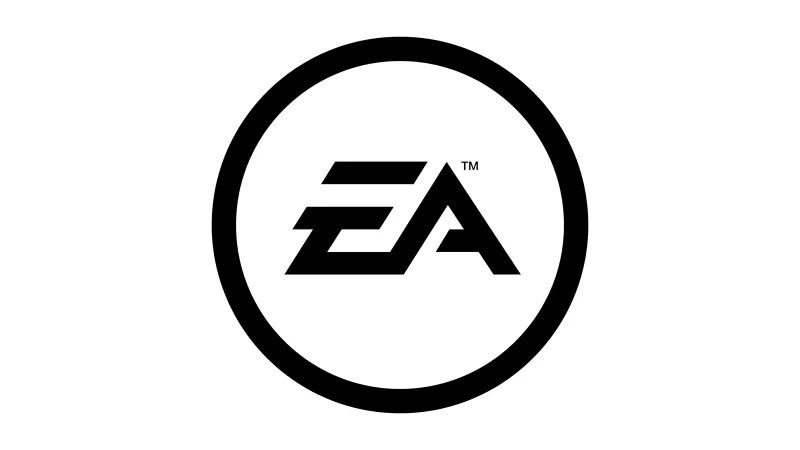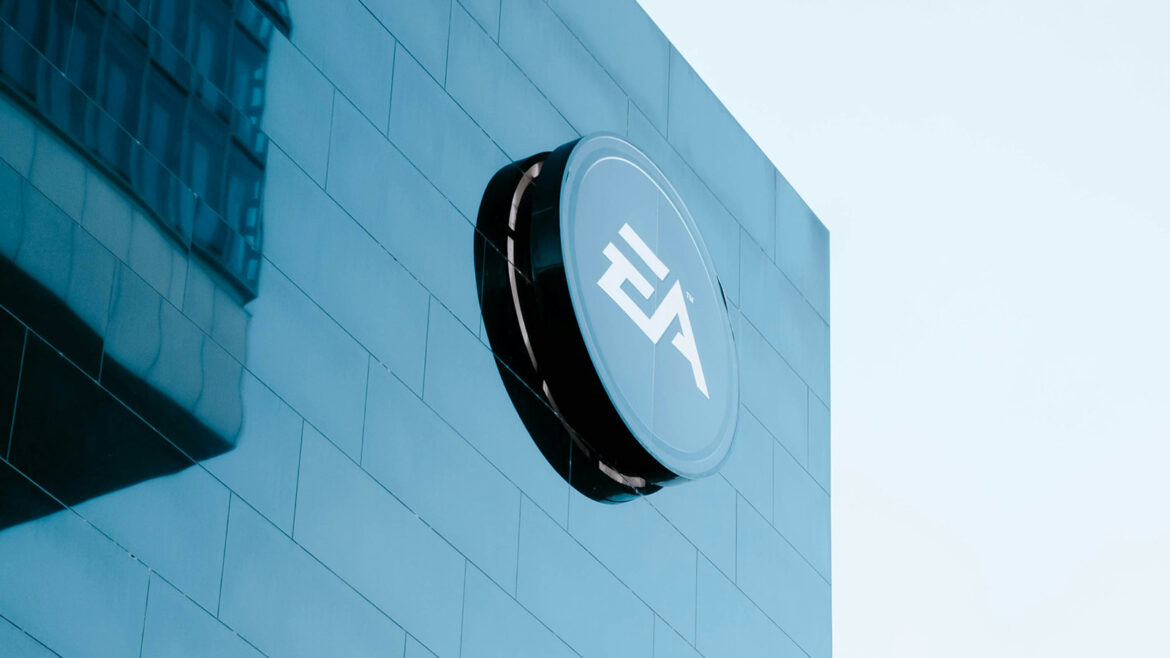In brief
- OpenAI’s $6.6 billion employee share sale valued the firm at $500 billion.
- The Sale makes OpenAI the world’s most valuable private company, topping SpaceX.
- Secondary deal aids staff retention amid Meta’s nine-figure pay offers.
OpenAI has overtaken SpaceX to become the world’s most valuable private company after a $6.6 billion employee share sale at a $500 billion valuation—the milestone underscoring the investor frenzy fueling the artificial-intelligence boom.
According to a Bloomberg report, the secondary sale lets current and former staff who had held shares for at least two years sell stock to a handful of companies, including Thrive Capital, SoftBank Group, Dragoneer Investment Group, Abu Dhabi’s MGX, and T. Rowe Price.
The deal marks OpenAI’s second major tender offer in under a year, following a $1.5 billion SoftBank transaction last November. In January, the Japanese conglomerate was reportedly in talks to earmark up to $25 billion for OpenAI.
SoftBank’s U.S.-traded shares (SFTBY) rose 1.7% to $66.04 on Thursday after news of the OpenAI share sale, reflecting investor enthusiasm for its AI-linked deals.
The $500 billion figure reflects a steep rise for OpenAI from earlier in the year, when the ChatGPT developer was valued at $300 billion following a $40 billion funding round led by Softbank in March. With this latest move, the company now sits ahead of SpaceX—whose own valuation is estimated near $400 billion—putting OpenAI at the top of the private company universe.
Despite scrutiny around the rollout of GPT-5, investor confidence remains undimmed. In September, OpenAI and Nvidia unveiled a strategic infrastructure partnership: OpenAI plans to deploy at least 10 gigawatts of Nvidia systems, and Nvidia will invest up to $100 billion progressively as each gigawatt is deployed. Jensen Huang described it as part of “bringing AI infrastructure from the labs into the world.”
It also coincides with the ongoing Stargate partnership between OpenAI, Softbank, and Oracle to build out America’s AI infrastructure backed by the Trump Administration.
The sale also gives employees liquidity that could help the company fend off nine-figure pay packages from rivals such as Meta, which is aggressively hiring for its new Superintelligence Labs.
The timing also coincides with structural moves at OpenAI. The company lifted its capped-profit limit in May, all the while facing continued legal pressure from Elon Musk. An OpenAI co-founder, Musk has sued the company on multiple occasions. Musk has accused OpenAI of abandoning its original nonprofit mission and allegedly attempting to steal xAI data and trade secrets.
Generally Intelligent Newsletter
A weekly AI journey narrated by Gen, a generative AI model.










